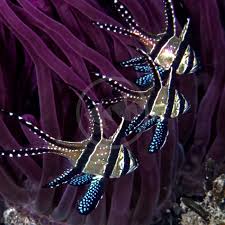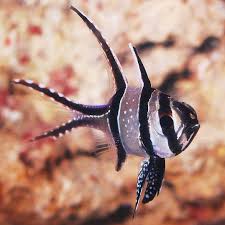Author: Mi La

The Image of Dragons in Chinese Comics and Cinema
The dragon (龙, lóng) has been an iconic figure in Chinese mythology, culture, and history for thousands of years. As a symbol of power, wisdom, protection, and divine authority, the dragon has inspired countless artistic expressions, including traditional paintings, literature, and modern visual media. In Chinese comics (manhua, 漫画) and cinema, dragons continue to play…

The Combination of the Dragon and Phoenix in Chinese Art
The dragon (龙, lóng) and phoenix (凤凰, fèng huáng) are two of the most significant mythical creatures in Chinese culture, symbolizing balance, power, prosperity, and harmony. When depicted together in traditional Chinese art, they represent the perfect union of yin and yang, often associated with marital bliss, imperial authority, and cosmic harmony. Throughout history, the…

The Dragon in Traditional Chinese Lacquer Paintings
The dragon (龙, lóng) has been a dominant symbol in Chinese art, mythology, and imperial culture for thousands of years. In traditional lacquer paintings (漆画, qī huà), the dragon is often depicted in dynamic poses, surrounded by clouds, waves, or celestial elements. These intricate artworks were not only expressions of artistic excellence but also carried…

Feng Shui Significance of Dragon Symbols on Palace Floor Tiles
The dragon (龙, lóng) has long been revered in Chinese culture as a symbol of power, wisdom, prosperity, and divine protection. It holds an especially prominent place in imperial architecture, where it was used to signify the emperor’s heavenly mandate and to attract auspicious energy to palaces, temples, and important state buildings. Among the many…

The Dragon Symbol on Flags of Chinese Dynasties
The dragon (龙, lóng) has been a central emblem in Chinese culture for thousands of years, representing power, wisdom, and imperial authority. Throughout history, Chinese dynasties used dragon imagery on their flags, signifying the emperor’s divine rule and the nation’s strength. The imperial dragon banner was not just a national symbol but also a political…

Exploring Chinese Folk Art Forms Depicting Dragons
The dragon (龙, lóng) is one of the most iconic and revered symbols in Chinese culture. Unlike the Western depiction of dragons as fearsome, fire-breathing creatures, the Chinese dragon is a benevolent and auspicious being, representing power, wisdom, and prosperity. It appears in numerous aspects of traditional Chinese folk art, reflecting the nation’s spiritual beliefs,…

Dragons in Stories of Overcoming Hardships in Chinese History
In Chinese culture, the dragon (龙, lóng) is more than just a mythical creature—it is a symbol of strength, wisdom, resilience, and perseverance. Throughout history, countless stories have depicted dragons as guides, protectors, and sources of power, helping individuals, rulers, and entire nations overcome adversity. From legendary emperors to war heroes, from spiritual leaders to…

Dragons and the Symbol of Land Protection in Chinese Legends
Introduction Throughout Chinese history and mythology, the dragon (龙, lóng) has been revered as a guardian spirit with the power to protect lands, rivers, mountains, and entire kingdoms. Unlike the fearsome, destructive dragons of Western folklore, the Chinese dragon is a benevolent and wise being, often seen as a divine protector of nature and civilization.…

Exploring the Role of Dragons in Blessing and Peace Festivals in China
Introduction In Chinese culture, the dragon (龙, lóng) is more than just a mythical creature—it is a symbol of power, protection, prosperity, and harmony. Unlike the fearsome dragons of Western folklore, Chinese dragons are benevolent beings that bring rain, fertility, and good fortune. Their presence is particularly strong in traditional blessing and peace festivals, where…

Dragons in Chinese Culinary Culture: Special Dishes Inspired by the Dragon
The dragon (龙, lóng) holds a revered position in Chinese culture, symbolizing power, prosperity, and good fortune. While dragons are mythical creatures, their symbolism extends beyond art, literature, and folklore—they have also influenced Chinese cuisine. Many traditional dishes feature dragon-inspired names, designs, or symbolic meanings, reflecting the deep cultural connection between food and auspicious beliefs…









